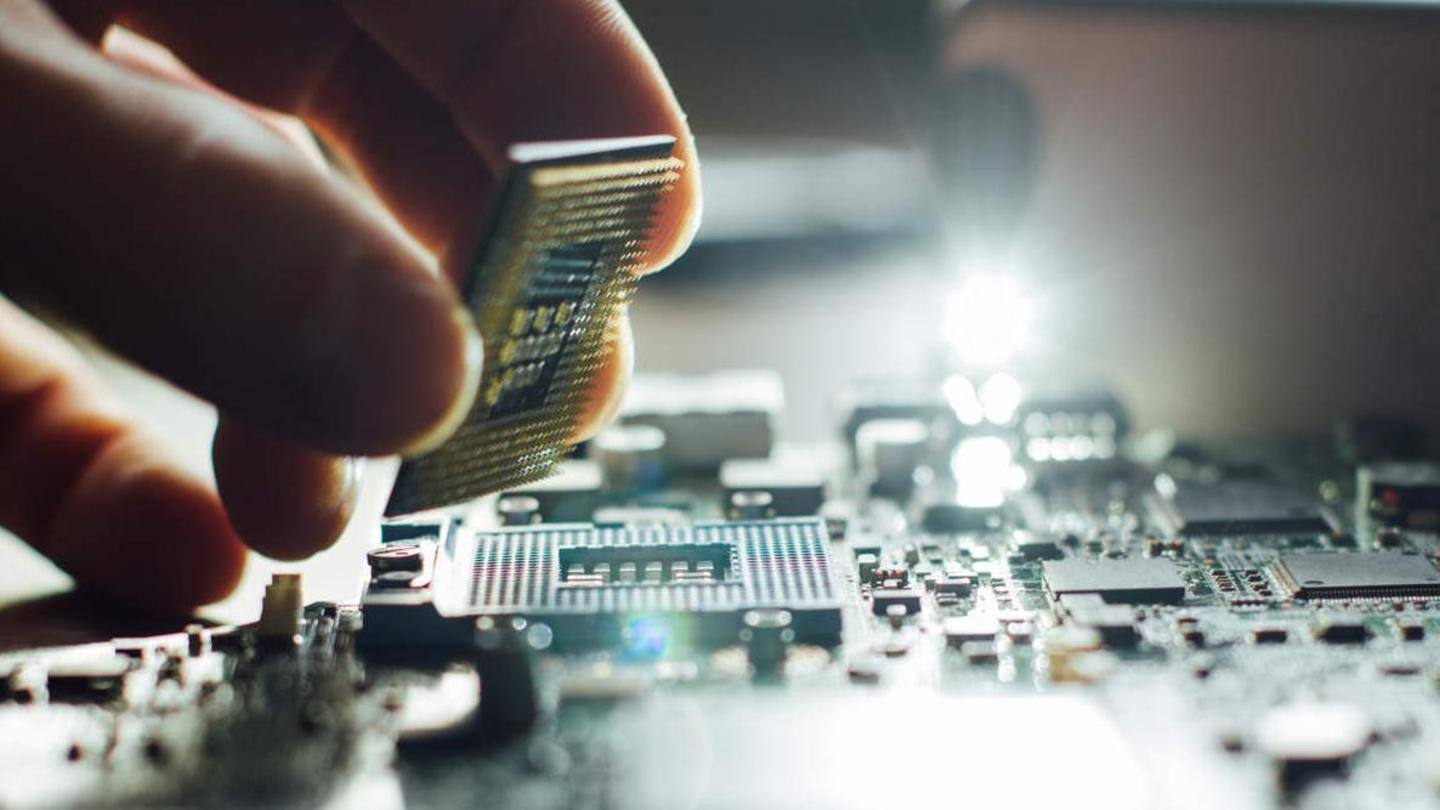
90% of smartphone industry hit hard by semiconductor shortage: Counterpoint
What's the story
Smartphone shipments will see a meager 6% growth in the second half of 2021, down from earlier predictions of 9%, due to the ongoing global semiconductor shortage, reported industry analysis firm Counterpoint Research.
Total units shipped are now expected to grow to 1.41 billion instead of 1.45 billion.
Nearly 90% of the smartphone industry—including players like Samsung, OPPO, and Xiaomi—has been affected, said Counterpoint.
Getting worse
Smartphone makers receiving 70% of requested component volumes
Counterpoint noted the shortage was affecting other industries from late 2020, but the smartphone industry was relatively unaffected because of "advanced planning and order placing."
However, some smartphone makers are now getting only 70% of requested volumes on key components—down from 80% in Q2 2021.
The smartphone industry was expected to rebound this year, despite being hit by the pandemic. That seems unlikely now.
Impact
Samsung, OPPO, Xiaomi affected; Apple most resilient
Samsung, OPPO, and Xiaomi have been affected by the shortage of application processors, one of the key elements of smartphones.
Their demands were not met by application processor vendors like Qualcomm and Mediatek because of the lower yield rates of semiconductor fabrication plants.
Apple, however, is in a good position because it is the "most resilient" in the face of the shortage, reported Counterpoint.
Reason
Manufacturing complexities behind chip shortage
Chips are used in everything from cars, mobiles, and gaming devices to refrigerators and microwaves.
Chip production involves 200mm or 300mm silicon wafers, which are split into many tiny chips. Large wafers are expensive. So, there has been an increase in the demand for the small ones.
However, there is a lack of the 200mm manufacturing equipment, reports said, causing a chip shortage.
Effects
Companies cancel, defer smartphone launches
Samsung has reportedly canceled the launch of its Galaxy S21 FE smartphone and the move was triggered by semiconductor shortages.
The launch of JioPhone Next—the 4G smartphone jointly developed by Reliance Jio and Google—has been delayed till Diwali due to concerns over the semiconductor shortage.
On the other end, smartphone prices are also likely to keep rising due to the global shortage of chips.